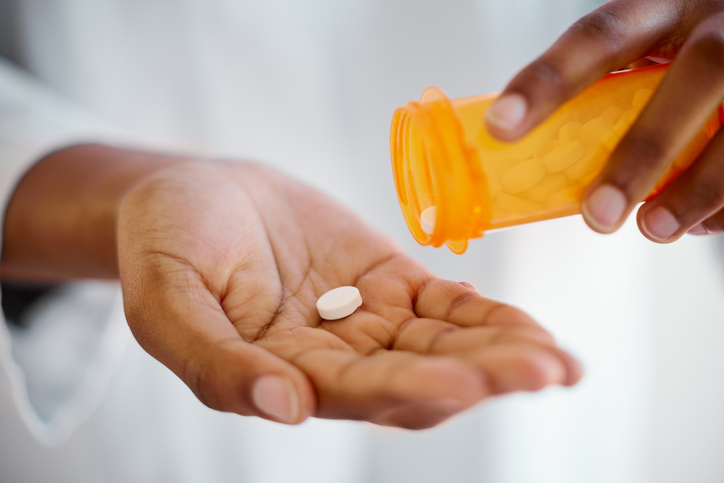 That's a great question, and you've come to the right place for answers.
That's a great question, and you've come to the right place for answers.
Let's start with the basics and learn more from there.
Depression can look different for everyone.
It may be temporary or chronic (which means it's been going on for a while and doesn't get better without help).
Some of the signs of depression include:
We can all experience depression at different times and for different reasons. Hopefully, the examples in the previous section helped give you a better idea of what depression might look like.
But the only way to know for sure if you have depression that needs professional help is to talk to a mental health specialist.
Sometimes, that can be the doctor or pediatrician you see for your regular health checkups.
Other times, you can locate a counselor, therapist, or psychiatrist: they will never judge you and have special training for helping you decide how to treat depression.
Just know: however you decide to find help, no trained professional is legally allowed to share what you tell them (unless you or someone else is in danger).
Now that we've covered the basics of depression, we can answer this question: do I need medication to get rid of depression?
Here's the short answer: some people do, but others don't. In fact, some simple changes might really help with depression so that you don't need medication.
A mental health expert might recommend some of these lifestyle adjustments before they prescribe meds for depression:
If making these lifestyle adjustments aren't effective, and the signs of depression aren't going away, a doctor or mental health expert may recommend medication to help.
Not everyone needs to take depression medication forever, so you'll keep checking in with the prescriber to decide when or if it's time to stop (and how to do it safely).
The best way to beat depression is different for everyone and depends on your unique experience.
Lifestyle changes and positive mental health habits can be very effective in helping you combat feelings of depression. But you should never be afraid to ask for help if and when you need it.
Either way, we are happy you've found Take 2 Minutes. We're here to support your journey and help build you up, whether you're struggling or feeling strong today.